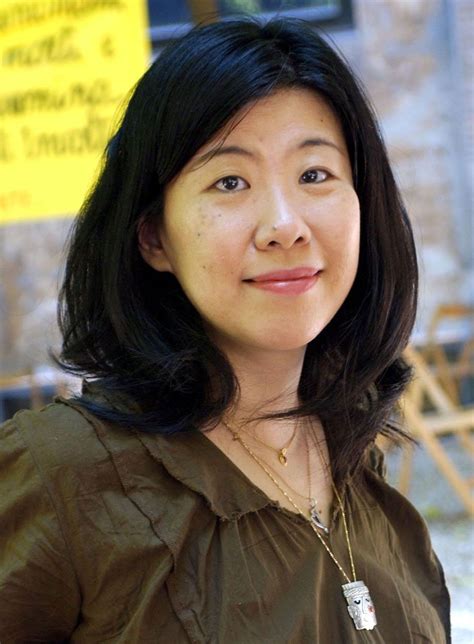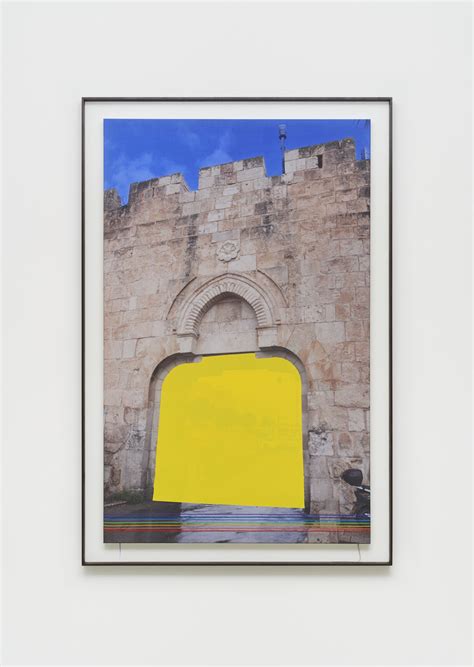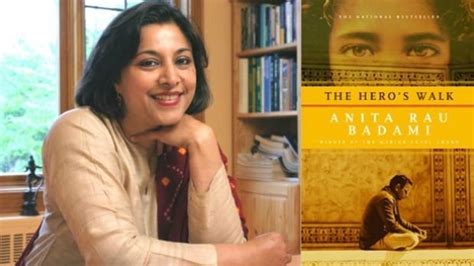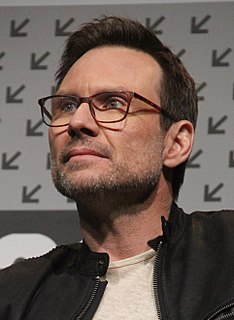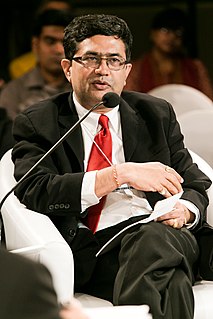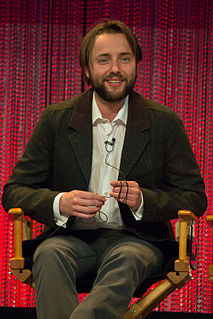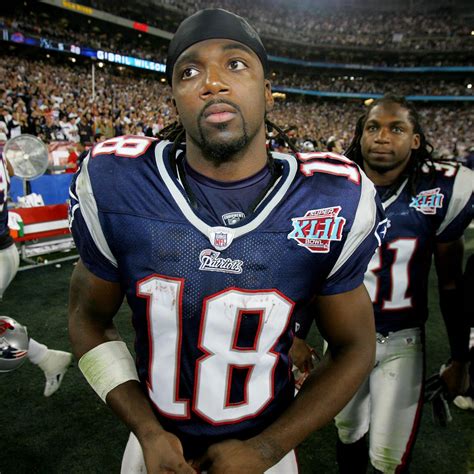A Quote by John Green
I did some research on this a couple years ago," Augustus continued. "I was wondering if everybody could be remembered. Like, if we got organized, and assigned a certain number of corpses to each living person, would there be enough living people to remember all the dead people?" "And are there?" "Sure, anyone can name fourteen dead people. But we're disorganized mourners, so a lot of people end up remembering Shakespeare and no one ends up remembering the person he wrote Sonnet Fifty-five about
Quote Topics
About
Anyone
Assigned
Augustus
Certain
Corpses
Could
Couple
Dead
Dead People
Did
Disorganized
Each
End
Ends
Enough
Everybody
Fifty
Five
Fourteen
Got
Like
Living
Lot
Name
Number
Organized
People
Person
Remember
Remembered
Remembering
Research
Shakespeare
Some
Sonnet
Sure
Up
Wondering
Would
Wrote
Years
Years Ago
Related Quotes
Ultimately, though, it's living people that frighten me the most. It's always seemed to me that nothing could be scarier than a person, because as dreadful places can be, they're still just places; and no matter how awful ghosts might seem, they're just dead people. I always thought that the most terrifying things anyone could ever think up were the things living people came up with.
Some day soon, perhaps in forty years, there will be no one alive who has ever known me. That's when I will be truly dead - when I exist in no one's memory. I thought a lot about how someone very old is the last living individual to have known some person or cluster of people. When that person dies, the whole cluster dies,too, vanishes from the living memory. I wonder who that person will be for me. Whose death will make me truly dead?
Remembering people is the most fundamental gesture of love and respect. For me, there are people in my life who are no longer with me, who have died, who are with me as much as any living person because I remember everything about them. My great-uncle, who I got a lot of guidance in life from, meant so much to me.
A couple years ago, I felt like I was in a dead end, and I kept asking myself, "How do you get out of a dead end?" People would say the answer is, "You just turn around." But that was not the answer that I was going to accept. I realized, for me, that getting out of a dead end was literally the world turning upside down, and I had to fall out of the dead end. So you have to surrender, so I've really learned how to surrender, practice unconditional love. With my art, I've always put out things I love.
I think most of us can remember from our own childhood, just in the Disney cartoons, things that frightened us profoundly. For me it was Bambi, the scene when the forest was on fire. That was something I had nightmares about. I can't imagine being a little kid of eight and seeing Night Of The Living Dead with living corpses eating the flesh of living people.
There was quite a lot of competitiveness about it, with everybody wanting to beat not only cancer itself, but also the other people in the room. Like, I realize that this is irrational, but when they tell you that you have, say, a 20 percent chance of living five years, the math kicks in and you figure that’s one in five . . . so you look around and think, as any healthy person would: I gotta outlast four of these bastards.
It's something that exists on a daily basis on practically every street in India. You have people who are Hindus, Muslims, Christians - not just Catholics, but Protestants, you name it, all kinds of Christians - a hundred other religions, living side by side. And the kind of personal religion that people end up practicing is a bizarre concoction of ritual drawn from each other. So everybody ends up celebrating everyone else's festivals.
A considerable percentage of the people we meet on the street are people who are empty inside, that is, they are actually already dead. It is fortunate for us that we do not see and do not know it. If we knew what a number of people are actually dead and what a number of these dead people govern our lives, we should go mad with horror.
It's easier to do Shakespeare than Spelling, and I know that sounds crazy, because the challenge of Shakespeare is living up to Shakespeare, living up to that word, not failing, you know, where with Aaron Spelling it's like, just try to look good. Or maybe don't use Spelling there, that's bad. No - you can. He's dead.
I always hear people saying, "If I can just help one person, or if I can just stop one person from doing what I did." I don't think one person is enough. I feel you can help more than one person, help as many as you can. That's something that I would like to leave as my legacy: That I helped a lot of people and made some people make better decisions after looking at the decisions I've made in my life.

